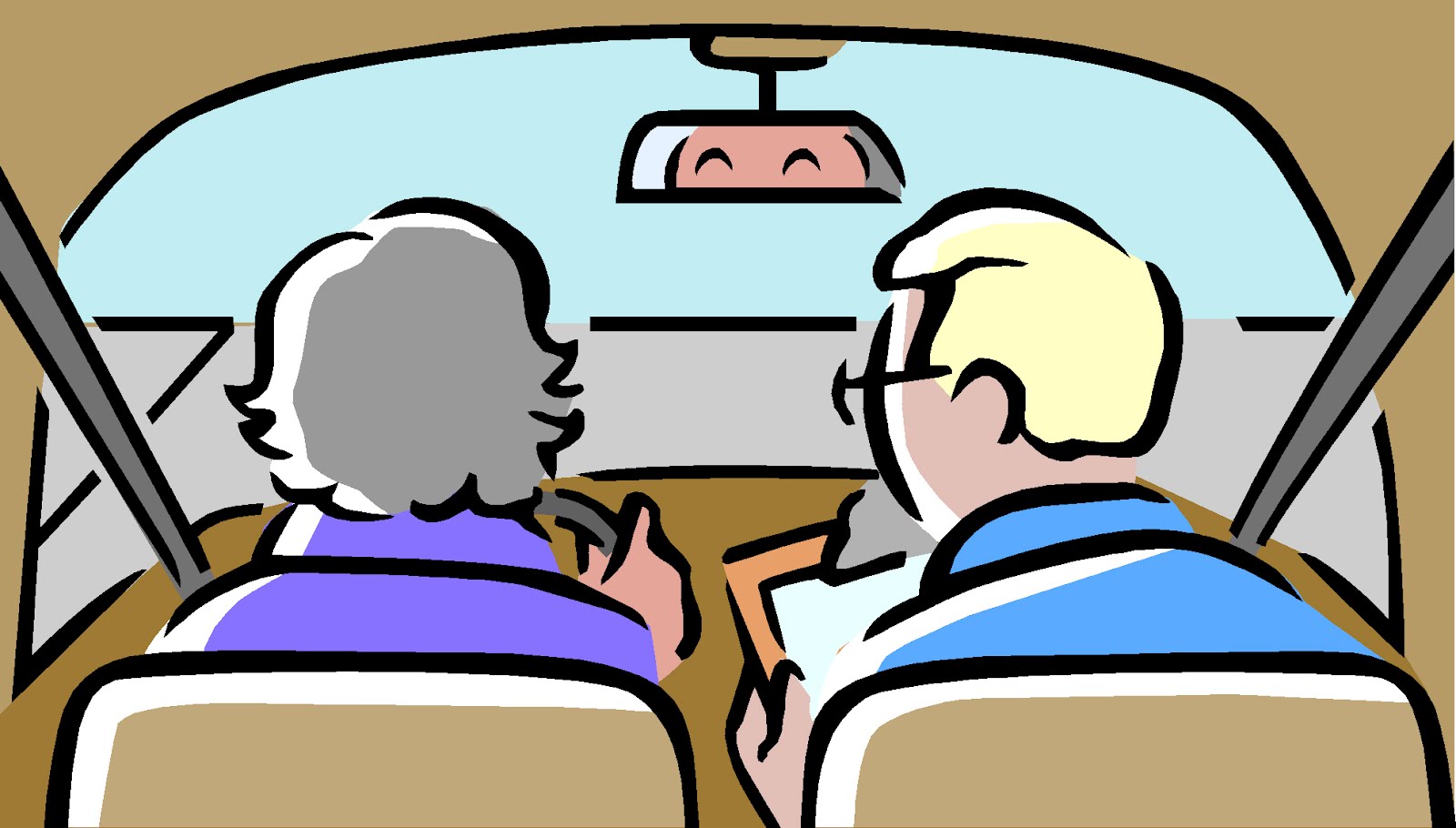The ability to navigate obstacles is a key characteristic of successful people. Whatever life throws at them, they are somehow able to regroup, find a way, and get the job completed. Ask an employer what makes for a star employee and they will often answer, “She just gets it done. Doesn’t matter what the issue, she finds a way. Doesn’t spend a lot of time wringing her hands, either.”
How do they do it?
My sense is they “look for gaps, not cars”. Many years ago, as a novice driver attempting to make a left hand turn, my tendency was focus on the approaching cars, so as to avoid them. My driving instructor urged me to look for the gaps instead, and assess whether or not they were large enough to complete the turn. “There will always be cars coming at you,” he said. “The more you look for them, the less you’ll see the chance to make the turn.’
It changed my mindset. Instead of looking for obstacles, I started searching for opportunities.
In coaching, we pose the question “What else is possible?” to jog clients out of their focus on problems and setbacks. Questions such as this free up our brains to look for gaps, not cars. Thinking in terms of possibilities is not our default pattern because it’s harder to envision what doesn’t yet exist. The problems are obvious, but we can’t see the solutions as readily.
Why else do we tend to focus on what is standing in our way, rather than where we want to go? Among the more common reasons,
- It lets us off the hook. Dodging obstacles is hard work. So we employ the old “I can’t do my bit until Freda has done hers…”
- We are uncomfortable without a clear sightline. Fair enough, to a degree. But how far is far? There is something to be said for “Let’s cross that bridge when we get to it”.
- We feel entitled to a smooth ride, and have formed the habit of letting others do the heavy lifting. This is an all-too-common duet among some couples and/or parents & offspring. One sits back and folds their hands while the other busts a gut. Over time it can create learned helplessness on the one side and deep resentment on the other. Not pretty.
- We get caught up in the process instead of the outcome. We need to send out twelve copies of a presentation, but the printer/copier is down. Aaaghhh. Rather than bemoan the vagaries of technology, what else is possible? Could we send soft copy to the client and ask them to print it off, or get another department or an outside vendor to print them? The presentation needs to go out – how is less important.
- We choose to interpret setbacks as a “sign from the universe”.
This is not to say the ends justify the means in every situation, but encouraging a default perspective of “Look For Gaps, Not Cars” is another way to rewire our brains for success.

